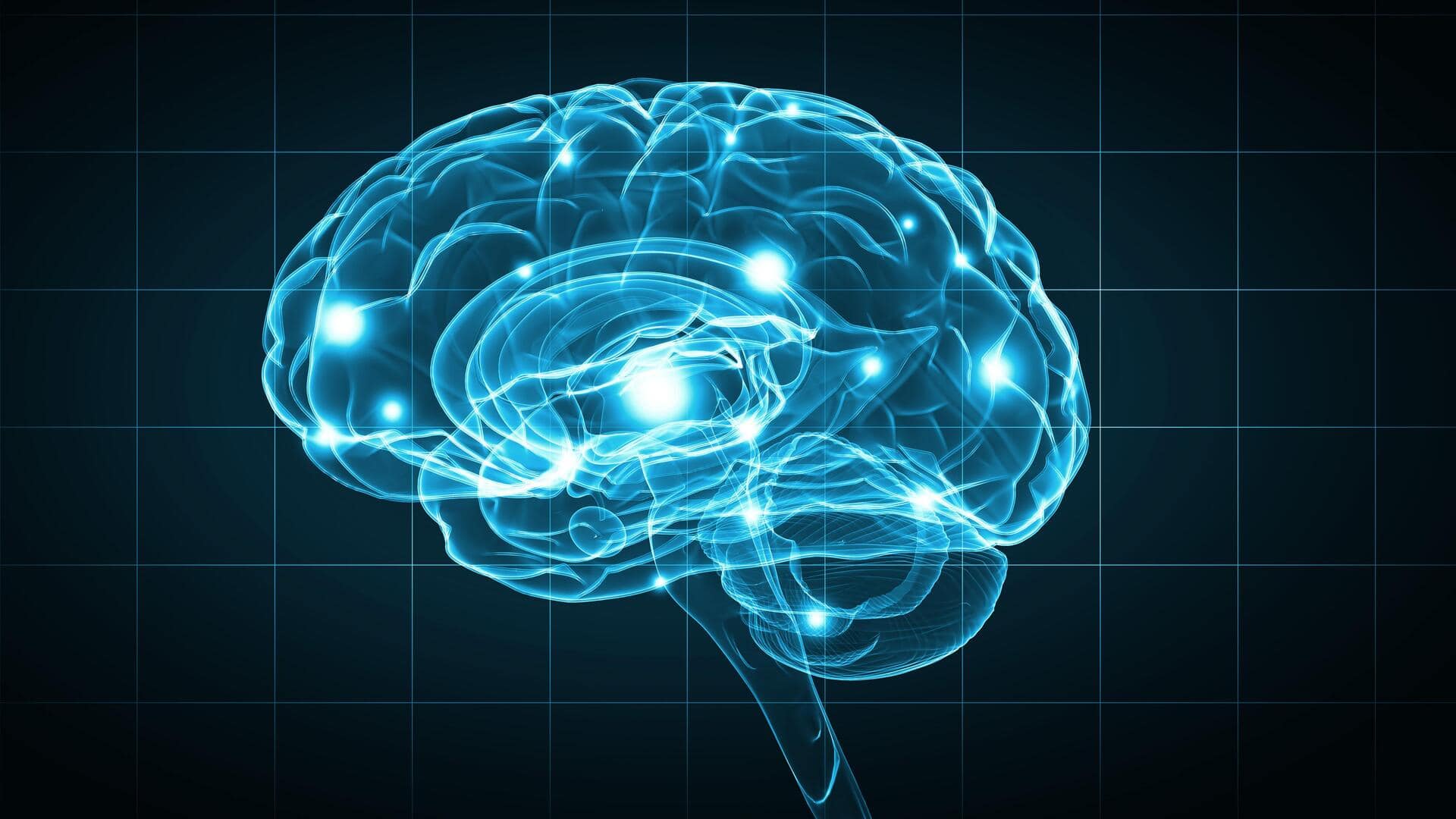
IIT-Madras unveils world's largest image collection of human fetal brain
What's the story
The Indian Institute of Technology Madras (IIT-Madras) has unveiled the world's largest collection of high-resolution 3D images of the human fetal brain. The dataset, dubbed DHARANI, includes 5,132 brain sections captured at cellular resolution with the help of advanced brain mapping technology. The project was conducted at the Sudha Gopalakrishnan Brain Centre, IIT-Madras, and used NVIDIA processors to create these detailed images, the institute said in a press release.
Open-source initiative
DHARANI: A resource for global researchers
DHARANI has been released as an open-source resource for researchers across the globe. The project's goal is to improve understanding of brain developmental disorders, cognitive growth, and neurological conditions. This is especially important for India, which contributes to nearly one-fifth of global childbirths every year, around 2.5 crore. The research was conducted at less than a 10th of the cost of similar projects in Western countries.
Research recognition
Study findings accepted for publication
The research findings have been accepted for publication in a special issue of the Journal of Comparative Neurology, a century-old peer-reviewed neuroscience journal. The study was led by Prof. Mohanasankar Sivaprakasam, head of Sudha Gopalakrishnan Brain Centre, with a team from India, Australia, the US, Romania, and South Africa. Medical collaborations included Chennai-based Mediscan Systems and Saveetha Medical College Hospital.
Future prospects
Potential impact and applications of DHARANI
Prof. Sivaprakasam said that "this study will pave way for new scientific discoveries," making quantifying neurodevelopmental disorders and advancements in fetal medicine easier. Kris Gopalakrishnan, Infosys co-founder, said this achievement "reconfirms that Indian R&D can create world-class science and technology." He noted that a unique public-private-philanthropy-partnership model had succeeded in this effort.
Global impact
DHARANI's global significance and India's leadership
Dr. Suzana Herculano-Houzel, Editor-in-Chief, Journal of Comparative Neurology, said DHARANI is now "the largest publicly accessible digital dataset of the human fetal brain," developed with much less funding than similar projects such as the Allen Brain Atlas. Prof Ajay Kumar Sood, Principal Scientific Adviser to the Government of India, said he is delighted that India is leading in generating human fetal brain maps through IIT Madras's cutting-edge technology.